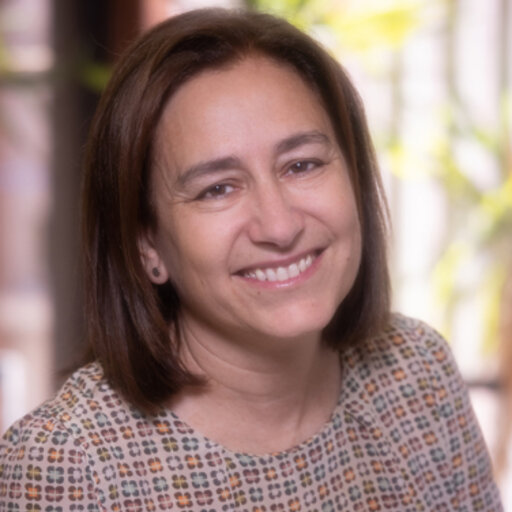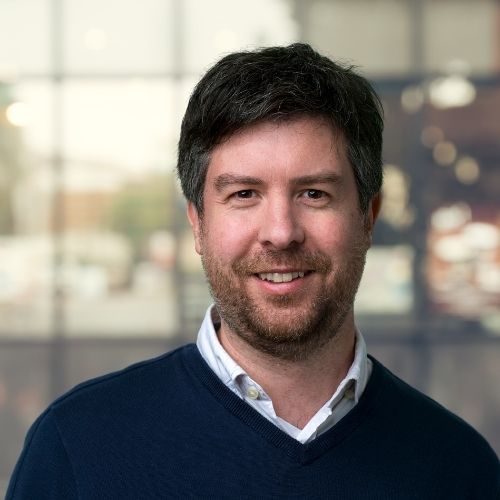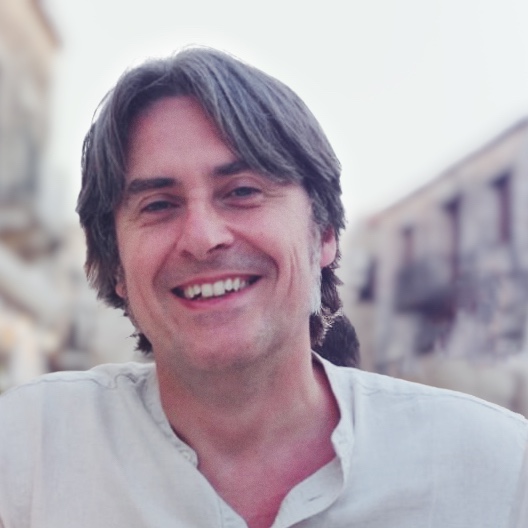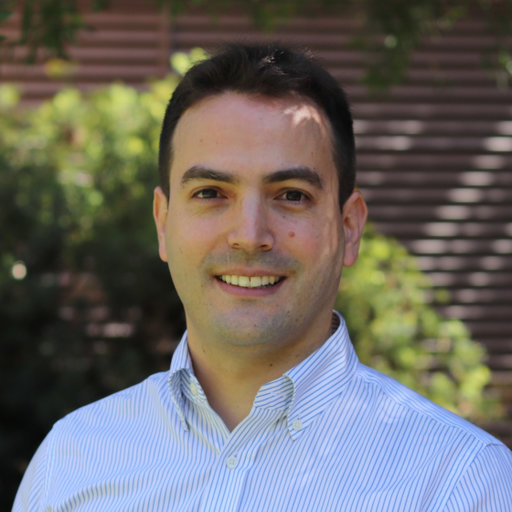We are pleased to announce the attendance of the following keynote speakers
Arantxa Alonso
Universitat Politècnica de Catalunya
Arantxa Alonso is an Associate Professor in the Physics Department at the Universitat Politècnica de Catalunya (UPC). She earned her degree in Physics from the Universitat de Barcelona (UB) and a PhD in Applied Physics and Scientific Computing from UPC. Her research centers on hydrodynamic instabilities in laminar and transitional flows, with a focus on thermal convective, centrifugal flows, and shear flows.
She specializes in studying phenomena dominated by thermal convection, using direct numerical simulations of the Navier-Stokes equations and bifurcation theory to explore flow instabilities and the onset of turbulence. The numerical tools she employs include time-stepping codes, solvers for steady and periodic states, numerical continuation of solution branches, and stability analysis. Among her contributions are studies of convective systems with rotation, relevant to geophysical applications, and convection in binary mixtures, which display intricate localized structures and complex spatiotemporal dynamics.

Marco Braibanti
European Space Agency
Marco Braibanti is currently a portfolio scientist at the European Space Research and Technology Centre (ESTEC) of the European Space Agency (ESA) in Noordwijk, Netherlands. He obtained his Master’s degree from the University of Milan, with a thesis on thermodiffusion in colloidal particles, and earned his PhD from the University of Fribourg in 2013. After working as a researcher at MeteoSwiss and at the University of Fribourg, Marco joined ESA as a project scientist in 2015. He has extensive experience in microgravity research, coordinating scientific teams for space experiments in soft matter and thermophoresis. Among his projects, Marco managed the operations of DCMIX3, DCMIX4, and SSCO, and coordinated the science team to the development of Giant Fluctuations. Marco has also experience as project manager in industry where he focussed on semiconductor metrology at Nearfield Instruments and later on quantum sensors, laser satellite communication, and semiconductor lithography at TNO.

Roberto Cerbino
University of Wien
Roberto Cerbino is a Professor of Experimental Soft Matter Physics at the University of Vienna, Austria, where he leads the SoMeX laboratory, dedicated to the study of the multi-scale dynamics of complex fluids, soft matter, and biological systems. Prof. Cerbino has also extensive experience in microgravity research, including thermodiffusion and non-equilibrium processes aboard the International Space Station. Author of ~90 peer-reviewed articles, 7 book chapters, and 2 textbooks, he serves as Associate Editor for Soft Matter and Book Series Editor for the Springer Series Soft and Biological Matter. He has held visiting positions at the University of Ottawa (2010) and the École Normale Supérieure de Lyon (2018). In 2025, he will assume the Chaire Saint-Gobain at ESPCI Paris. He is a member of the Human and Robotic Exploration Science Advisory Committee (HESAC) of the European Space Agency (ESA) and a fellow of the Royal Society of Chemistry.

Juan Felipe Torres
Australian National University
Dr Torres earned his bachelor’s (2009) and master’s (2011) degrees in mechanical engineering from Tohoku University, Japan. In 2014, he completed a prestigious double-degree PhD program at École Centrale de Lyon, France, and Tohoku University. Following his doctoral studies, he worked as a Research Scientist at Toshiba Corporation, Japan (2014–2016). In late 2016, Dr Torres joined the Australian National University (ANU) as a Research Fellow. He is currently an Associate Professor and leads the ANU HEAT Lab, a research group focuses on applied heat and mass transfer, driving innovation in environmental, energy, and aerospace technologies. Dr Torres is Associate Editor of the European Physical Journal E and a member of the Scientific Council of the International Centre for Heat and Mass Transfer. His innovation in thermodiffusive desalination received the 2024 Sustainable Water Management Prize from Botín Foundation, Spain.
